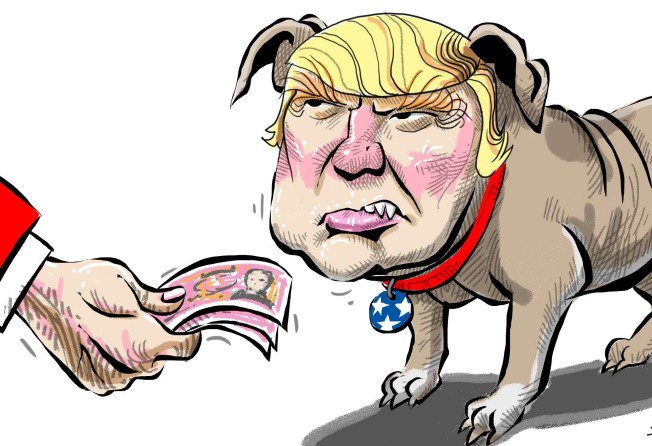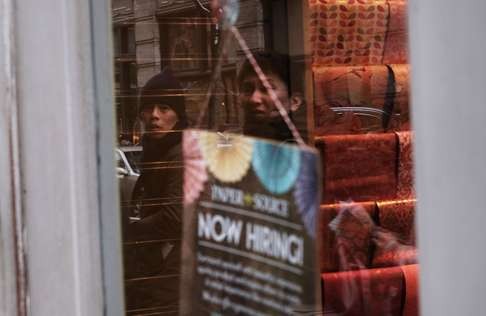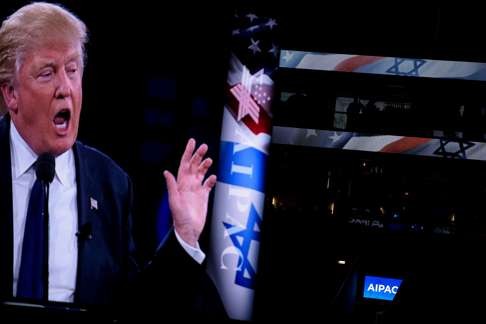
With its China bashing, America risks breaking a profitable partnership
Daniel Wagner says America must realise that its economic recovery cannot be achieved by isolating China

China bashing has become as much a part of the modern American political tradition as criticising foreign producers of oil. The American electorate has regrettably become accustomed to the predictable torrent of anti-Chinese rhetoric from politicians of a variety of political persuasions – currently manifested by the incendiary rhetoric of Donald Trump.
He is playing upon the fears and disillusionment largely of blue-collar workers who do not understand that China is not the source of their problems; rather, America’s failure to remain competitive in the global economic landscape is to blame.
They also do not realise that China will soon reassume the mantle of the world’s largest economy – a title which it held until just before the start of the Industrial Revolution. Until that time, China was the leading steel producer, textile manufacturer and trading nation – from the Chinese perspective, it is simply about to resume the status which it previously held.
Some Americans may bristle at the notion that capitalism has helped China dominate the global economy but, the truth is, China was practising capitalism a long time before America even became a nation.

If the US does not like the way China does business, it is of course free to do business elsewhere, but that would be a really bad idea for America. Exports to China totalled US$120 billion in 2014, making it the third-largest export market for US goods (behind Canada and Mexico).
Between 2005 and 2014, US exports to China increased 198 per cent – greater than growth to any of the other top 10 US export markets. The truth is, there is no country in the world more important to the growth of US exports. China’s rapidly growing middle class is the single most important factor accounting for the success of US President Barack Obama’s National Export Initiative.
The US not only needs to tap China’s vast foreign currency reserves (US$3.3 trillion – almost 28 times that of the US, at US$119 billion) in order to finance its trade and fiscal deficits, it also needs access to China’s vast market to sustain its economic recovery and continue to create much needed jobs for American workers.
When was the last time you heard a US politician admit that?

In 2015, 18 per cent of Chinese exports went to the US, which remains a very important partner for the growth of the Chinese economy. Chinese leaders realise this, and do not reciprocate in bashing the US for allegedly taking away Chinese jobs by doing business together. Campaign rhetoric aside, both countries know they need each other. As the largest holder of US Treasury Bills, China needs and wants the US to succeed economically. Rather than bashing China, US politicians would be well advised to forge an even stronger relationship with it.
Instead of following predictable and boring scripts, US politicians should turn the page on cold-war-style rhetoric and find ways to join hands with China to mutually benefit from each other’s comparative advantages.

Bashing China is actually less likely to get a candidate elected, because the workers in these states have the most to lose economically by curtailing America’s economic relationship with China, and they know it.
The fact is, a continued economic recovery in the US cannot be achieved by isolating China. Considering what can be achieved together, and what both countries stand to lose if they are pitted against each other, forming a Sino-American strategic alliance is critical to the future economic viability of both nations.
American politicians, and the American people, would be much better off recognising this, rather than succumbing to demagoguery and incendiary rhetoric aimed at creating divisiveness between China and the US.
Daniel Wagner is CEO of Country Risk Solutions and co-author of the forthcoming book, Gobal Risk, Agility and Decision Making